Prenatal planning for breastfeeding is an important step for expectant parents–learning steps you can take before birth to help breastfeeding go smoothly for you and your baby. Knowing what to expect and that there are resources available to help you along the way can give you such incredible peace of mind, so you can enjoy those precious bonding moments with your newborn baby. After all, it should be a happy day when you and your newborn baby get to go home from the hospital for the first time and begin your new family life together.
A 2008 review by the US Preventive Services Task Force (USPSTF) found that interactive breastfeeding education, provided both prenatally and postnatally, had the most positive effect on short-term exclusive breastfeeding and the duration of any breastfeeding.
Evidence shows that women who receive comprehensive prenatal education breastfeed longer and more successfully. In fact, addressing personal concerns, including any perceived or actual potential barriers to nursing successfully ahead of a baby’s arrival can make the difference. These barriers can range from a parent's personal thoughts and feelings, friends/family members with strong opinions, physiological concerns (breast size, nipple shape, previous breast procedures or traumas), medical concerns (PCOS, diabetes, thyroid medication use), situational concerns (early return to work or other children to attend to), and potential baby-related barriers.
Every baby is different, and variables that can affect successful breastfeeding include gestational age (e.g., babies born <37 weeks may need extra time to learn), birth experience, the timing of milk arrival, baby’s oral anatomy, and most importantly, the availability of timely support once concerns arise. The best support is early, preventive, and proactive. Get your questions answered early. Don’t wait until they become problems.
Prenatal education for breastfeeding would be most beneficial to 1) parents who may be unsure or uneasy about breastfeeding and have questions or concerns; and 2) the first-time or repeat parents who are confident that they’ll do well but may not have thought about some of the things we discuss below.
Prenatal breastfeeding education includes the following:
From the time period spanning childbirth to the onset of labor through the delivery of the placenta, intrapartum breastfeeding education includes the following:
To dispel any concerns you may have about being able to breastfeed your baby, know that parents can breastfeed if they:
Parents who have had breast surgery and asymmetrical breasts can breastfeed with good information and support. If you have any concerns about breastfeeding, one of our International Board-Certified Lactation Consultants (IBCLCs) can talk to you about them.
There are several things you can do to prepare for breastfeeding that shouldn’t wait until after the birth of your baby. Prenatal planning for breastfeeding can alleviate so much stress and build confidence for success.
Actually, you should stock up on breastfeeding essentials while pregnant to make your experience as a nursing parent much easier and more comfortable:
While you are pregnant, you have a lot of time to think about everything, including your personal feelings about how you are going to breastfeed your baby.
Here are some common concerns we have addressed with other expectant parents. Look them over and think about them. You may even want to discuss your particular concerns with one of our International Board-Certified Lactation Consultants, who can help provide guidance and reassurance.
When choosing to breastfeed your baby, it is extremely important for the people around you to support you in your decision. This includes your doctor, nurses, employer, partner, other family members, and friends. If you are experiencing any discouragement from your support system, talk to a lactation consultant about it and ask for advice on how you can work through the problem.
Sometimes just talking about these concerns with someone else can help provide the clarity you are seeking.
Research has shown that there are several steps you can take right after the birth of your baby to get a great start breastfeeding:
Partners and family members can do a lot to help support your efforts to breastfeed your baby. Sometimes they may not be sure what to do to help, so don’t be afraid to ask for the support you need. Don’t assume they know what you need.
As you transition from the hospital to home, your loved ones can provide support in the following ways:
If you are looking for prenatal planning support for breastfeeding, our International Board-Certified Lactation Consultants can help. At Nest Collaborative, we are committed to making it easy for you to focus on what really matters during this extremely tender time. We take care of you so that you can care for your baby. As soon as your active Insurance/Medicaid information is submitted to us, our services are available to you with no out-of-pocket cost (no co-pay, no deductible). For self-pay or uninsured families, we do offer a discounted rate, payable on the day of the visit. If you are experiencing financial hardship, please contact our team ahead of your visit (billingsupport@nestcollaborative.com).
Our expert team provides lactation support for prenatal and postpartum parents, during any stage from beginning to end. Book an appointment today with one of our consultants.
